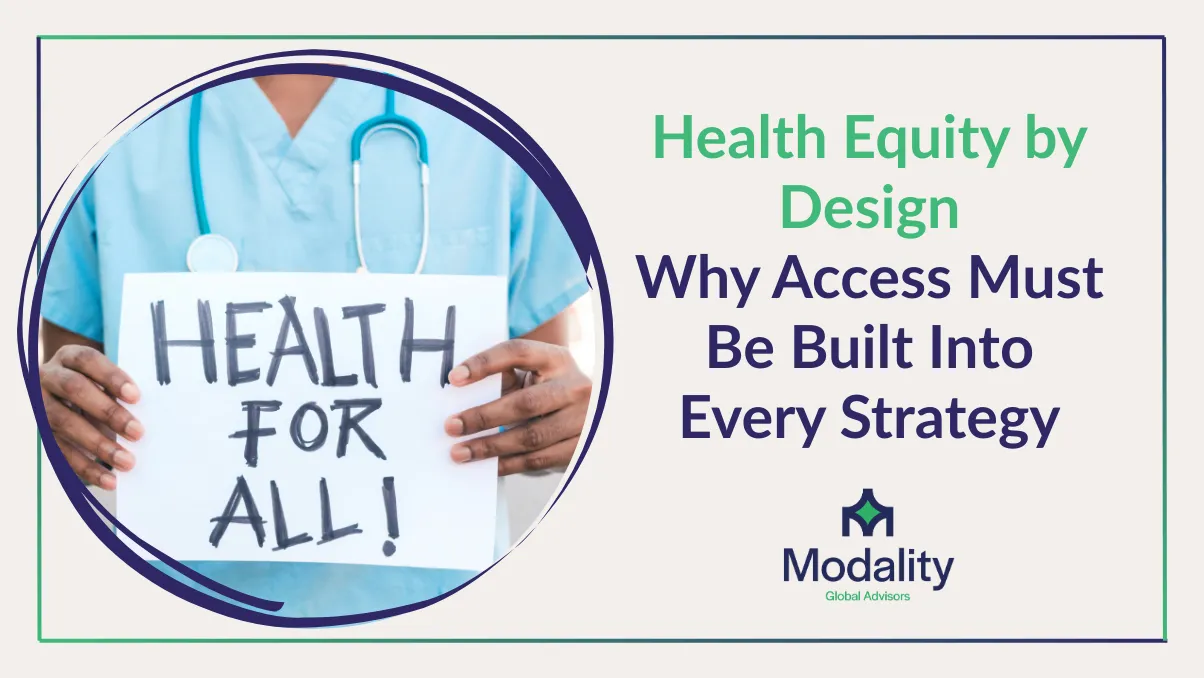Health equity is not just a moral requirement but also a strategic necessity in the quickly changing healthcare landscape of today. Health systems need to stop treating inequality as an afterthought and start integrating equity into every operational, clinical, and strategic decision as gaps in care continue to grow across gender, income, race, and geography.
According to CDC, life expectancy is lower, chronic disease rates are greater, and access to preventative treatment is more limited for racial and ethnic minority groups. For example:
The Statistics Behind the Need
- Black Americans are 30% more likely to die from heart disease than non-Hispanics.
- Hispanic individuals are 70% more likely to be diagnosed with diabetes than white adults.
- Rural residents face 20% higher mortality rates due to limited healthcare access.
- Nearly 80% of health outcomes are influenced by non-medical factors like housing, education, and access to nutritious food.
- The U.S. spends over $320 billion annually in healthcare costs attributed to health disparities, costs that are expected to rise to $1 trillion by 2040 if unaddressed.
Health equity needs to be addressed because it isn’t just a public health issue but it’s a business one. Failure to close these gaps puts payers, providers, and systems at risk for fines from the government, a decrease in patient trust, and missed performance goals in value-based care models.
Health Equity by Design
A health equity plan by design means:
- Integrating fair access into all aspects of the care pathway, including digital literacy, language accessibility, scheduling, and transportation.
- Creating systems that are representative of the communities they serve, identifying gaps with local data, and implementing community collaborations to fill them.
- Predictive analytics can be used to identify at-risk groups early and direct focused treatments.
- To guarantee that every patient is seen, heard, and treated with dignity, frontline employees and leadership should receive culturally competent care training.
How Modality Global Advisors Prioritize Health Equity
At Modality Global Advisors (MGA), we believe equitable access should to be deliberate rather than accidental. Health equality is incorporated into all aspects of strategic consulting, such as:
- Models for care coordination that help underprivileged populations fill access gaps.
- Predictive analytics that highlight differences in outcomes, satisfaction levels, or readmission rates.
- Every patient touchpoint is guaranteed to be inclusive, accessible, and culturally sensitive thanks to integrated system design.
- Digital health transformation that takes into account underserved areas' privacy concerns, digital literacy, and internet availability.
The Future of Health Equity: Why It Matters Now
On the road to egalitarian healthcare, cross-sector cooperation, consistent investment, and deliberate design are needed. Prioritising access from the beginning can help organisations achieve better results and foster long-term commercial success.
Payers, providers, legislators, and tech innovators are all challenged to incorporate fairness into every plan as Modality Global Advisors continues to spearhead this movement. Thus until healthcare is available to everyone, it cannot be considered truly effective.
Closing the Gap, Strategically
When equity ceases being a catchphrase and turns into a guideline, real change will begin. At MGA, we're rethinking accountability, impact, and access in addition to creating systems.

